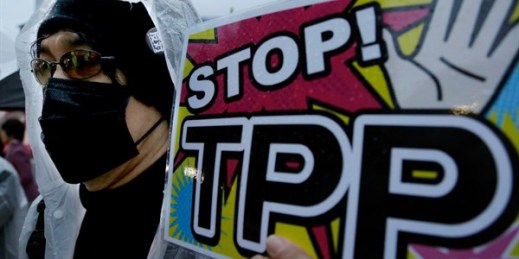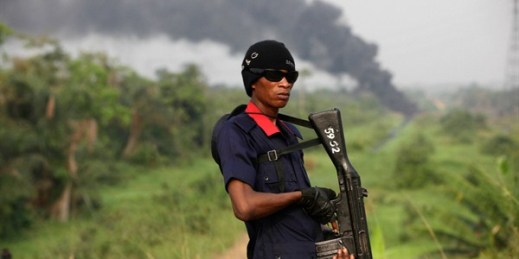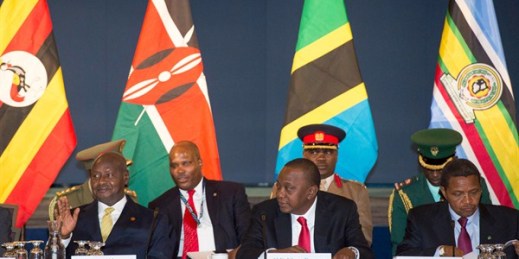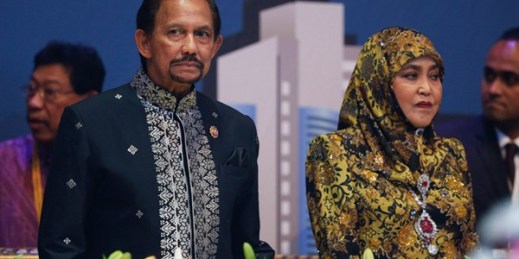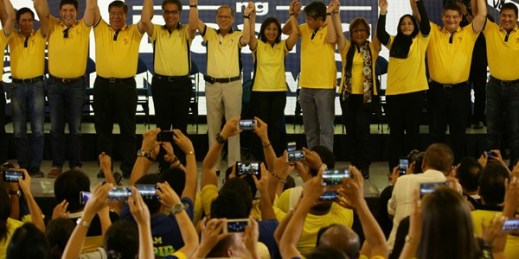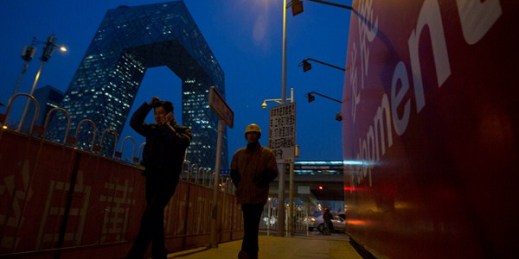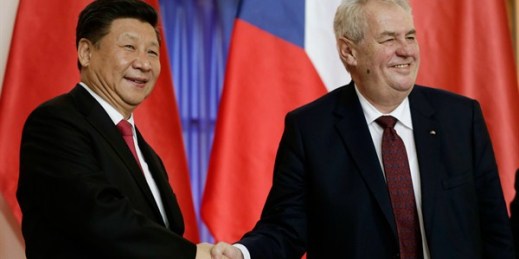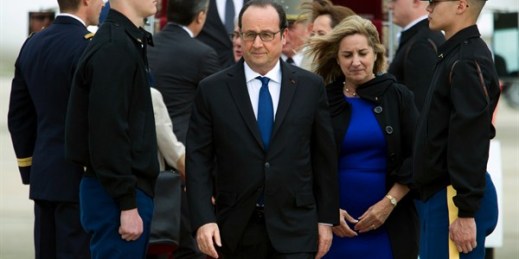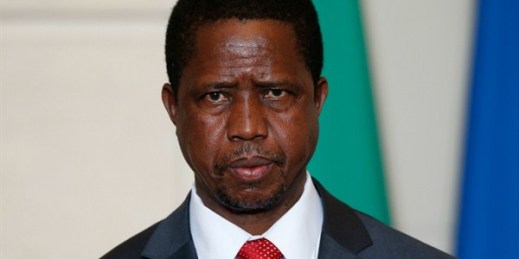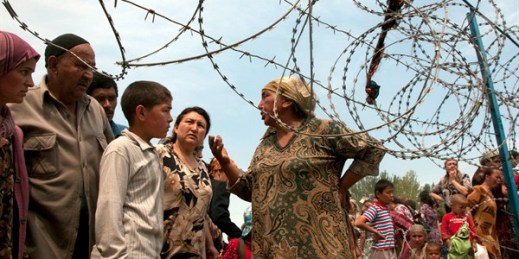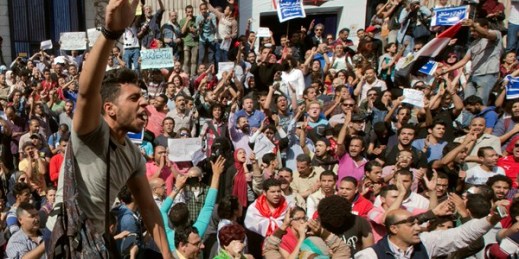
Two years ago, the Egyptian people spared no adjective in praise of their savior, Abdel-Fattah el-Sisi, who in turn framed his lightning-fast rise to power as an expression of the people’s will. When he was named defense minister in 2012 by Mohammed Morsi, the Muslim Brotherhood leader elected Egypt’s president that year, el-Sisi vowed to keep the military out of politics. But the general, with strong popular support, eventually overthrew Morsi in 2013. He then retired his military post and announced he was running for president, winning in a landslide the following year. But now the honeymoon is over. The […]

